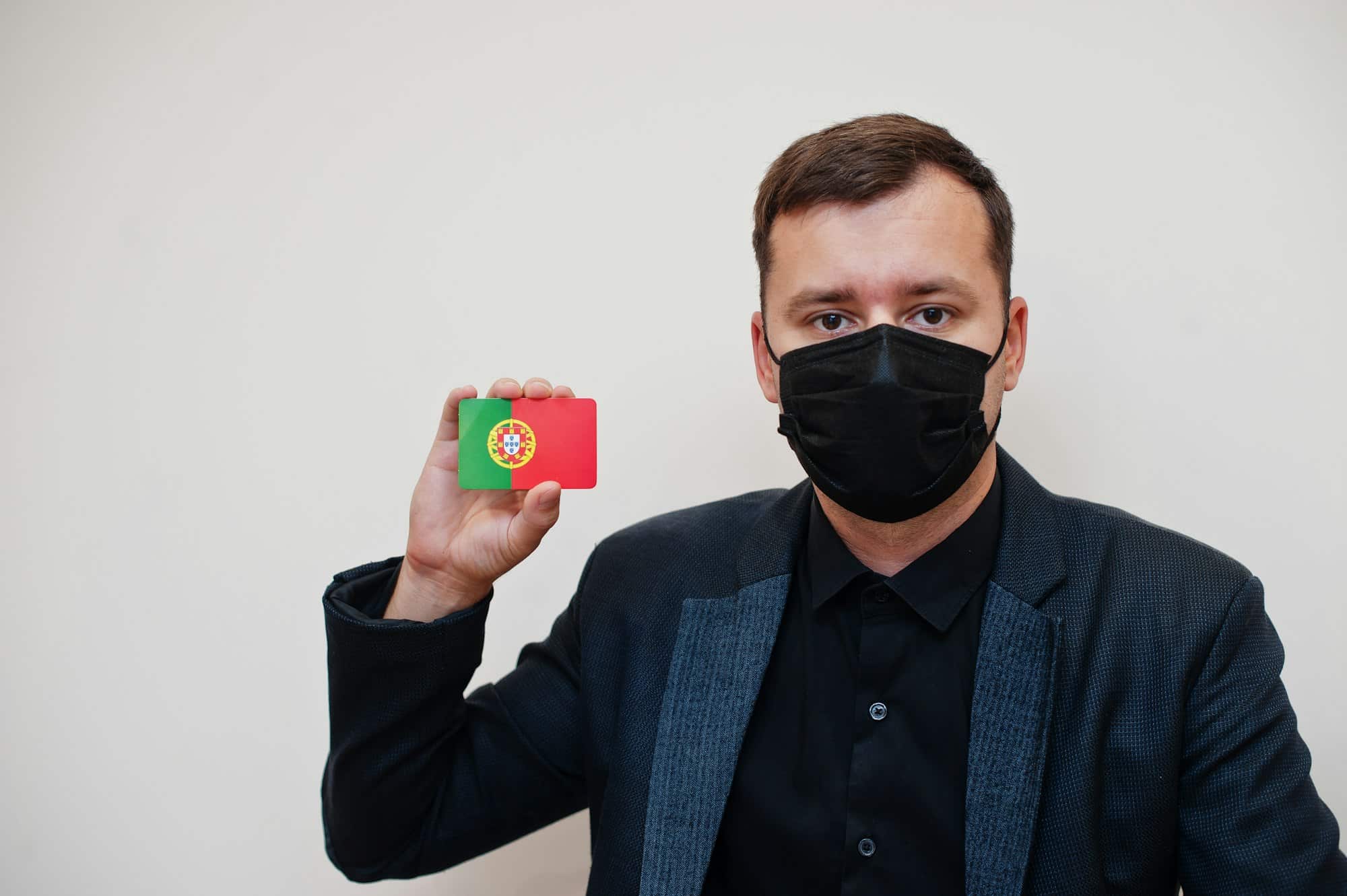Portugal has a daily average of 12 deaths from covid-19 and almost 400 new cases, a figure that has almost tripled since the end of May, epidemiologist Manuel Carmo Gomes told Lusa today.
At the end of May, Portugal had an average of 130 notifications of positive covid-19 cases per day and in the last seven days the daily average has been around 390, said the professor at the Faculty of Sciences of the University of Lisbon, noting that at the beginning of May the number of notifications was “very low”, around ten cases.
With regard to the number of deaths, Manuel Carmo Gomes said that it was “approximately 12 a day”, which also represents “a big increase on a month ago”, when there were around three deaths a day.
“If we go back approximately two months, at that time we had one death every two days,” said the epidemiologist and member of the Technical Committee for Vaccination Against Covid-19.
According to Carmo Gomes, there has also been “a big increase” in the number of deaths of patients admitted to public hospitals with a positive test, which does not mean that they were hospitalized for Covid-19.
He also pointed to the almost 30% increase in inpatients who tested positive over the last three months.
“At the moment, of the people who test positive for covid and are hospitalized, just over half are over 60 years old” and around 24% are over 80, he said, pointing out that it is possibly in this age group that most of the deaths are occurring due to having various illnesses.
As reasons for this increase in cases, Carmo Gomes pointed to the evolution of the SARS-Cov-2 virus, with the emergence of new strains capable of evading antibodies,”We practically no longer have protection against these new strains of the virus,” namely KP.1, KP.2 and KP.3, which have “a series of descendants” and are currently dominant in Europe and America.
According to the Dr. Ricardo Jorge National Health Institute (INSA), the KP.3 strain became the majority in Portugal during the month of May, but it is widespread in Europe and America.
“We all have antibodies circulating in our bodies because we’ve been vaccinated and infected, etc., but these strains are able to evade these antibodies,” he said.
On the other hand, the epidemiologist noted that about eight months have passed since the last vaccination campaign, which took place in the fall of 2023, and people’s protection against the virus has dropped.
He also recalled that vaccination coverage last fall “was not brilliant”.
“People over 60 had a vaccination coverage of approximately 66%, which means that the other 34% weren’t even vaccinated in the fall, they haven’t had contact with the vaccine for more than a year and a half,” he noted.
Despite the fact that a large part of the adult population has no protection against the infection, and if they come into contact with the virus, through inhaling viral particles that are suspended in the air, they will be infected, they are protected against “the strike disease”.
According to the specialist, the vast majority “don’t have a very serious illness, they recover and don’t end up in hospital”.
At vacation time, Manuel Carmo Gomes recalled that the SARS-CoV-2 virus continues to circulate and reminded us of some recommendations to avoid infection.
“Covid doesn’t have seasonal characteristics, at least so far, like the flu which has practically disappeared, but it is still with us and is giving rise to this wave” of infections.
The epidemiologist advised people most at risk to avoid being in unventilated spaces with people outside their usual circle.
He recalled the importance of hand hygiene, namely not putting your hands to your mouth or eyes without washing them, and the use of masks by people who know they “are at high risk”.

